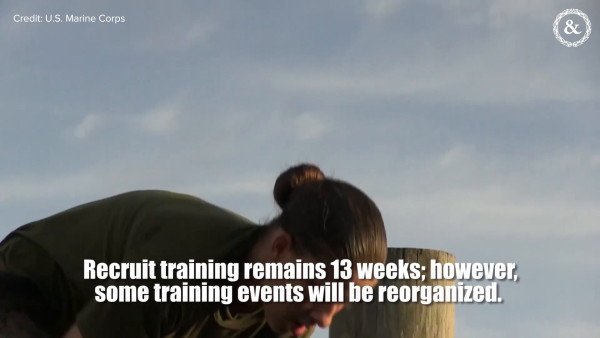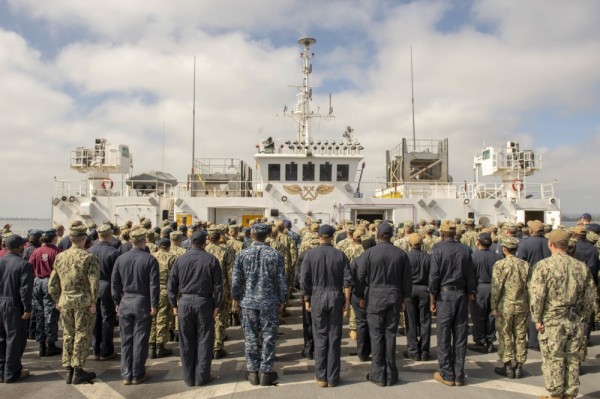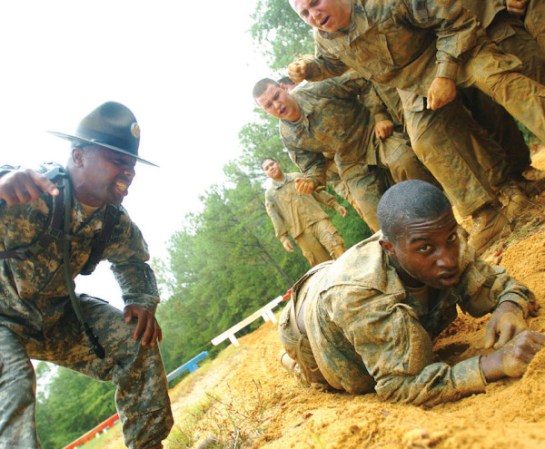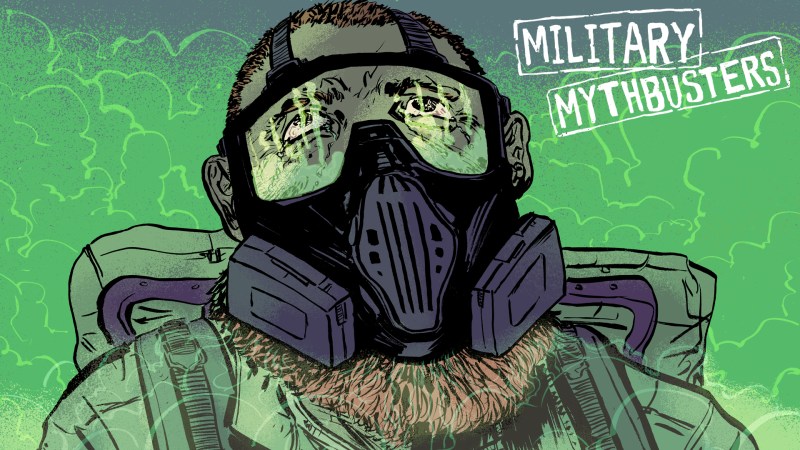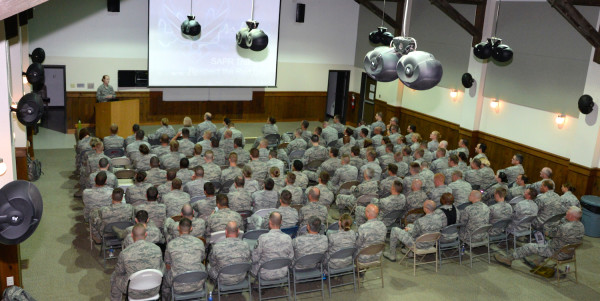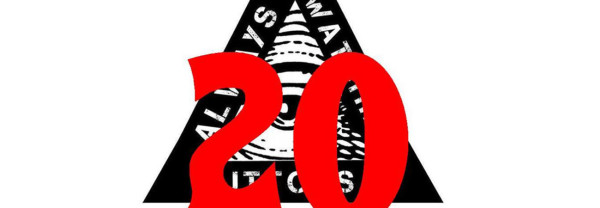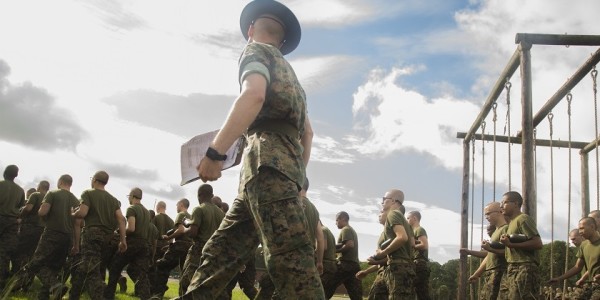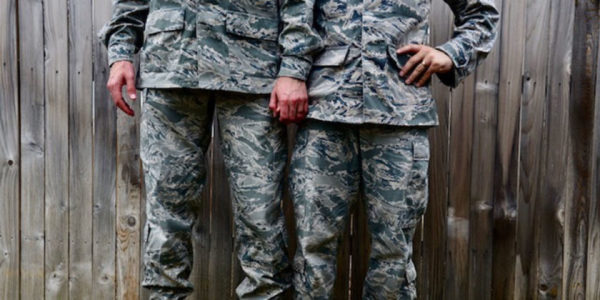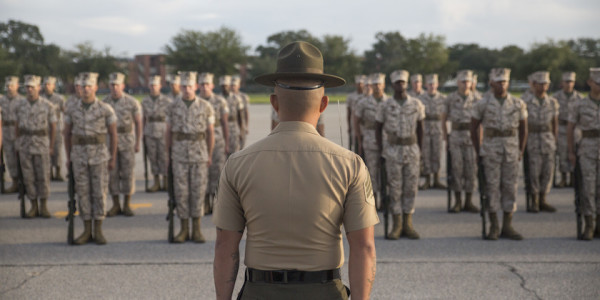[shortcode-Op-Ed-disclosure]
Marine Corps boot camp is renowned for turning young men and women from civilians into Marines. It is rightfully known as the most rigorous recruit training in the US military, but for some drill instructors, it just wasn’t tough enough.
The Washington Post recently obtained documents detailing incidents wherein over 20 Marines have been disciplined for misconduct just at MCRD San Diego, one of two recruit depots, since 2017. That year is relevant, because Marine recruit training was supposed to be reset after the 2016 suicide death of Pvt. Raheel Siddiqui, who killed himself after being viciously hazed, which included racial and ethnic slurs and being put in an industrial clothes dryer.
The newly uncovered incidents include drill instructors assaulting recruits, as well as more inventive measures, such as using a staple gun on a recruit or being ordered to eat a pine cone. A quick look at the comment section on the Post as well as on other sites covering the controversy shows that plenty of vets think this sort of thing is okay, maybe even a good thing. Whether online or in person, such statements are often accompanied by apocryphal stories about some horrible event that happened during that person’s boot camp experience.
Maybe the stories are true. Maybe they aren’t. If they are, it illustrates a couple of things. First, just like abused children, those abused in the military are more likely to abuse others themselves when they get the chance. Second, everyone thinks that the generation after theirs is somehow lesser than their own, no matter the evidence to the contrary. Because of this, they need to be whipped into shape just as, or more so, than earlier generations.
Maybe it’s worth breaking down what the goals of military training are in general, and recruit training in particular. The services have varying degrees of flowery language for their recruit training mission statements. The Navy’s is very concrete, with a concise description of training goals: “…transform civilians into smartly disciplined, physically fit, basically trained Sailors…”
“Basically trained,” teaching a particular set of knowledge to recruits. That’s done in classrooms and by practice. “Physically fit,” or being able to run, march, lift things, etc. That’s done by conditioning programs. Neither of those objectives are helped by physical abuse. Never once in the history of instruction has getting hit helped anyone learn faster.
“But it will give them a good incentive to learn!” Which brings us to discipline, the practice of self-control and obedience to orders. Hazing represents the opposite. A significant percentage of the time it is the product of a lack of self-control and laziness. The hazer’s temper or underlying cruelty gets the better of him and he takes that loss of self-control out on someone under his authority. Or the hazer knows there are any number of sanctioned methods to issue corrections, from extra military instruction to formal disciplinary action, but such things actually take time and effort.
The other part of discipline is obedience to orders. Considering that every service has myriad orders and regulations prohibiting hazing it’s pretty odd to break orders to try to teach a subordinate how to follow orders, isn’t it? Are you saying, for example, that you know more about training Marines than the Commandant or Sergeant Major of the Marine Corps? Are you contending that when the Commandant issued all those orders, he was winking at the time and didn’t really mean it?
The services give their leaders from recruit training on up countless tools to improve performance and correct mistakes and misconduct. If you don’t have the time or resources to properly use them, then that’s something you need to take up your chain of command, not out on subordinates.
Could there be more tools in leaders’ toolboxes? Probably. The Marine Corps has experimented with bringing back the Correctional Custody Unit, wherein low-grade offenders spend thirty days in an environment of hard labor and rigorous training, but that is tightly controlled and regulated.
Could training be more demanding? Of course. Get that syllabus or training and readiness manual revised to add more and tougher training, then. You don’t get to give subordinates beatdowns on humiliate them just because higher hasn’t allowed enough time to PT them.
But if your method of enforcing discipline is itself a breakdown of discipline, it’s you that has the issue, not your subordinate.
[shortcode-Carl-Forsling-bio]
